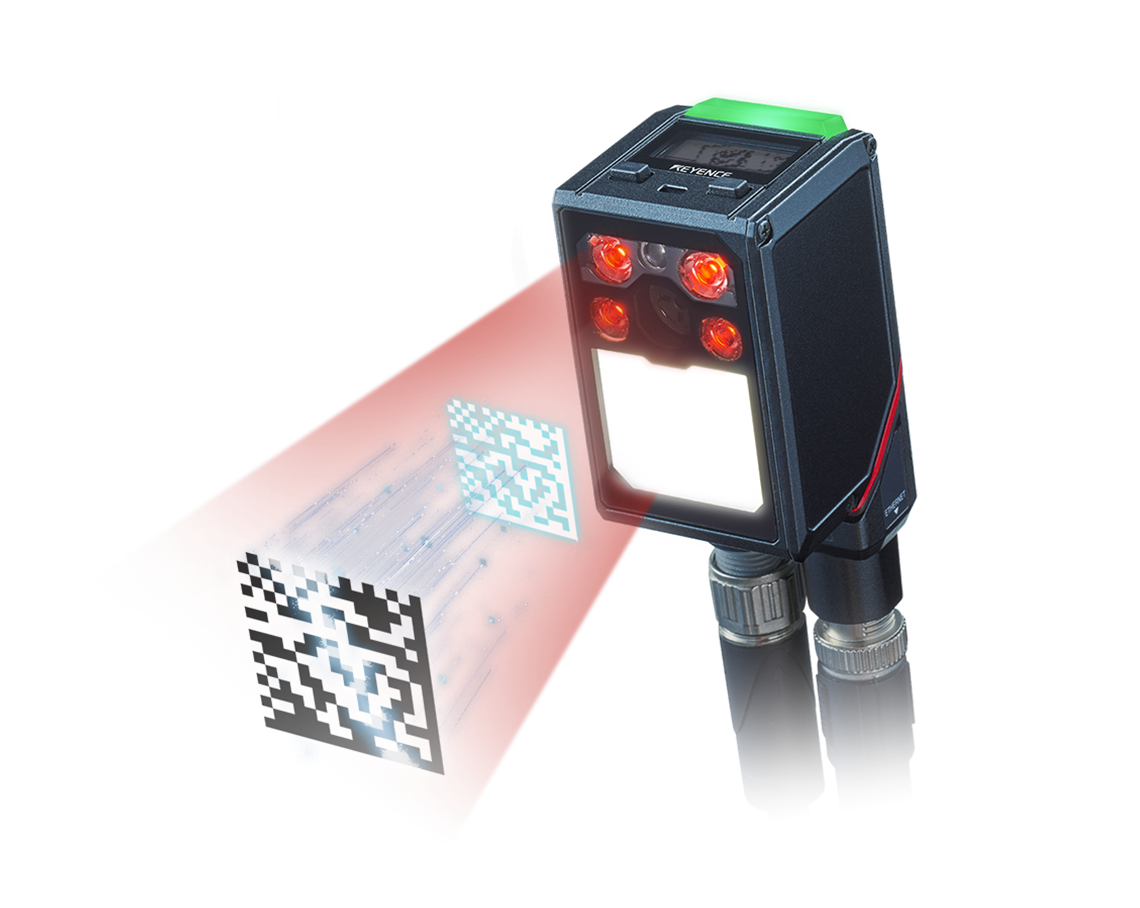Portable Barcodes Scanners for Hassle-Free Usage
Portable Barcodes Scanners for Hassle-Free Usage
Blog Article
Selecting the Right Barcode Scanner for Your Organization Needs
Choosing the ideal barcode scanner for your company needs a nuanced understanding of your particular operational needs and ecological conditions. Variables such as scanner type, rate, and compatibility with existing systems play a pivotal role in identifying the best choice.
Comprehending Barcode Scanner Types
When it concerns choosing a barcode scanner, understanding the various kinds available is critical for meeting specific organization needs. Barcode scanners can be classified into numerous types, each created for different applications and atmospheres.
Handheld scanners are one of the most common, providing transportability and ease of use, making them ideal for retail and stock management. They usually link using USB or Bluetooth, giving adaptability in procedure. Fixed-mount scanners, on the other hand, are created for high-volume scanning applications, often discovered in assembly lines or check out counters. These scanners are placed in a fixed position, permitting rapid scanning of several products one by one.
An additional kind is the mobile computer system, which incorporates scanning capabilities with computing power. These gadgets are perfect for area procedures or storehouse administration, making it possible for data collection and real-time stock monitoring. In addition, there are industrial scanners that are built to stand up to extreme settings, such as extreme temperatures or exposure to dust and moisture.

Key Features to Take Into Consideration
What vital functions should services prioritize when choosing a barcode scanner? Primarily, scanning speed is critical, as faster scanners boost functional performance, particularly in high-volume environments. The scanner's capacity to review different barcode layouts is additionally important; guarantee it supports popular types like QR codes, UPC, and Code 128 to accommodate varied stock products.
Sturdiness is one more crucial attribute, specifically for businesses in sturdy settings. Search for models that are built to withstand drops, dust, and dampness. Furthermore, consider the connectivity choices offered; whether you favor USB, Bluetooth, or Wi-Fi, the appropriate connectivity can enhance integration with existing systems.

Examining Your Business Setting
To effectively pick a barcode scanner, companies should analyze their details operational environment. This evaluation includes reviewing the physical design of the work area, the nature of the items being checked, and the common conditions under which scanning occurs. A retail setting may call for portable scanners that can swiftly refine transactions at the checkout, while a storage facility setting may profit from ruggedized scanners created to endure harsher problems.
Additionally, consider the quantity Extra resources of scanning needed. High-throughput settings may require advanced scanning innovations, such as fixed-position scanners or mobile devices that can run efficiently in hectic situations. The assimilation abilities with existing supply administration systems likewise play a critical duty; make certain the selected scanner can flawlessly attach with software program systems being used.
A scanner that fulfills existing demands could not be adequate as company expands. By completely assessing these factors, organizations can select a barcode scanner that not only fulfills immediate demands but additionally supports long-term operational effectiveness and adaptability. barcodes scanners.
Budgeting for Your Scanner
Having analyzed the operational setting and recognized the specific requirements for a barcode scanner, the next action entails careful budgeting to ensure a wise economic investment. Establishing a spending plan starts with determining the total costs connected with the scanner, consisting of first purchase rate, operational expenses, and possible upkeep charges.
When choosing a barcode scanner, consider the range of offered alternatives, from portable gadgets to fixed-position scanners, as rates can vary dramatically. It is necessary to balance expense with performance; choosing a more inexpensive version may result in raised functional ineffectiveness if it does not meet your company demands.
Along with the hardware, variable in expenses connected to software application, training, and potential upgrades. While it could be alluring to lessen upfront expense, news buying a top quality scanner that lines up with your functional needs can generate long-term cost savings with improved performance and minimized downtime.
Lastly, take into consideration the complete expense of possession, which encompasses the scanner's lifespan and possible resale worth. By carefully intending your budget plan, you can guarantee that your investment in a barcode scanner will certainly boost your operational efficiency and financial performance.
Combination With Existing Systems
Incorporating a barcode scanner with your existing systems is essential for maximizing its effectiveness and ensuring smooth procedures. barcodes scanners. A well-integrated scanner improves operations performance, lowers mistakes, and speeds up data handling. When selecting a barcode scanner, think about compatibility with your existing software application and hardware facilities, including your stock management systems, click here for more point-of-sale (POS) systems, and business source planning (ERP) options
Review whether the scanner uses typical procedures such as USB, Bluetooth, or Wi-Fi, which can promote easy assimilation. Additionally, analyze whether the scanner's software uses APIs or SDKs that enable customization and combination with proprietary systems. This is particularly important for services with special functional demands.
As your company expands, your systems should be able to accommodate added scanners and deal with raised information quantities without substantial reconfiguration. Inevitably, spending in a barcode scanner that seamlessly integrates with your existing systems will certainly produce lasting benefits, enhancing precision, performance, and general productivity within your procedures.

Conclusion
In conclusion, selecting a proper barcode scanner necessitates a comprehensive evaluation of numerous elements, consisting of scanner types, essential attributes, and the particular business setting. The best barcode scanner offers as a vital tool in simplifying processes and facilitating reliable supply management.
Report this page